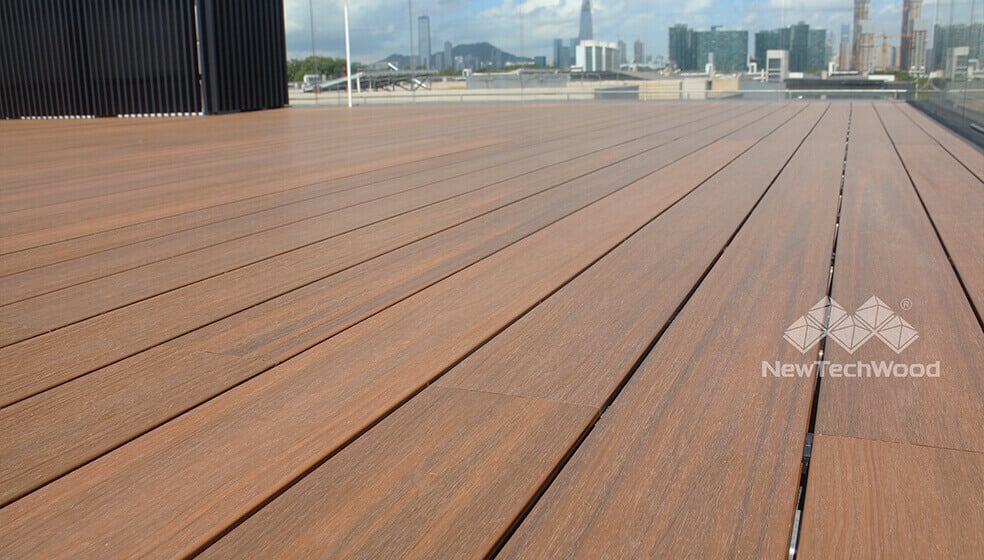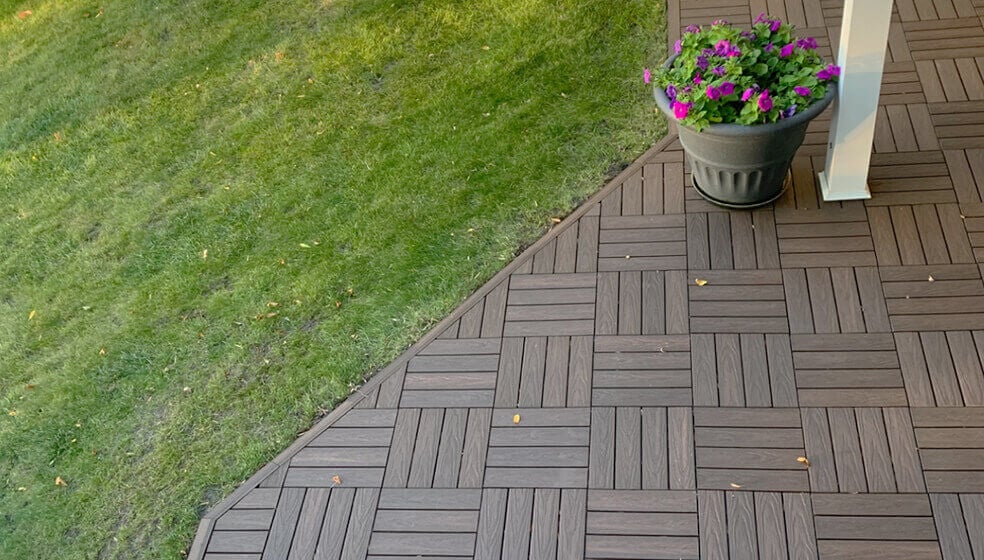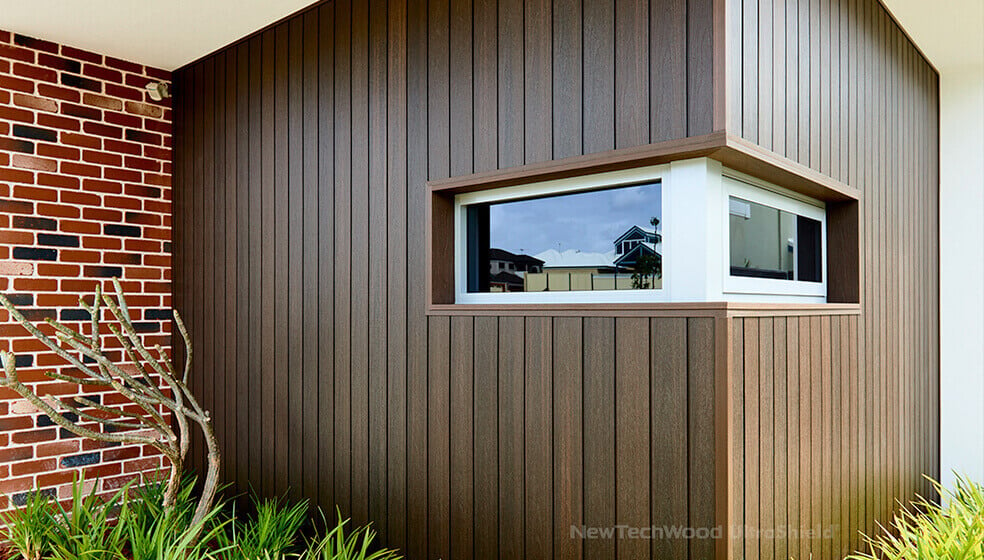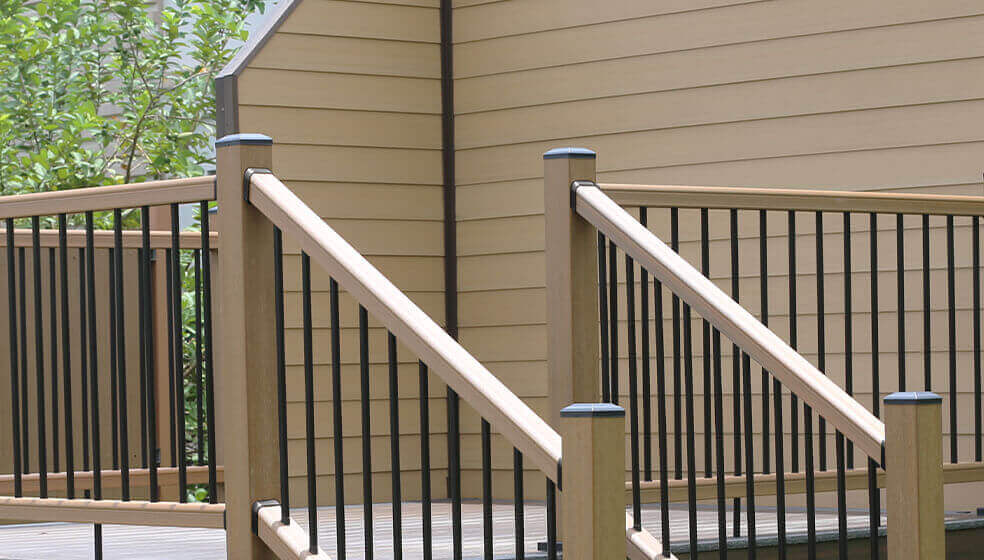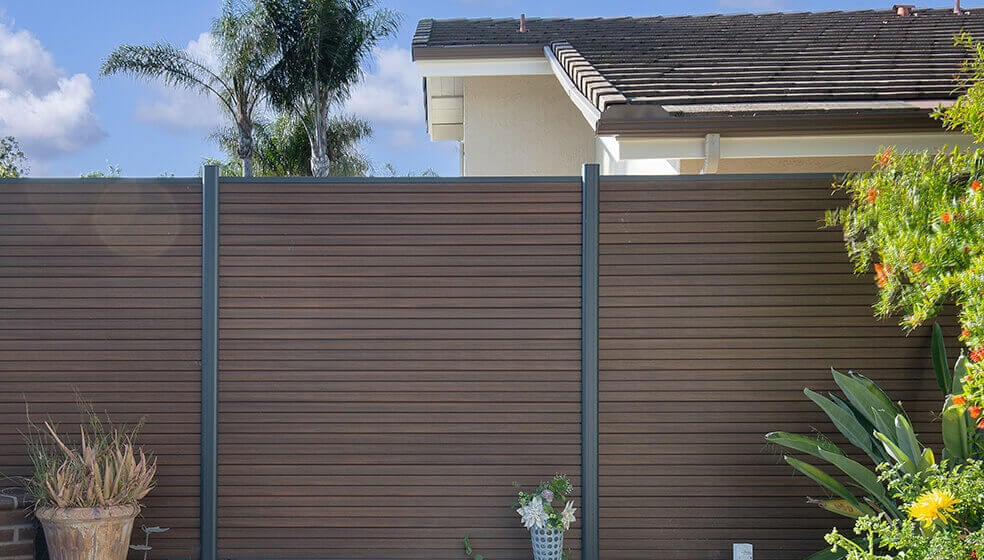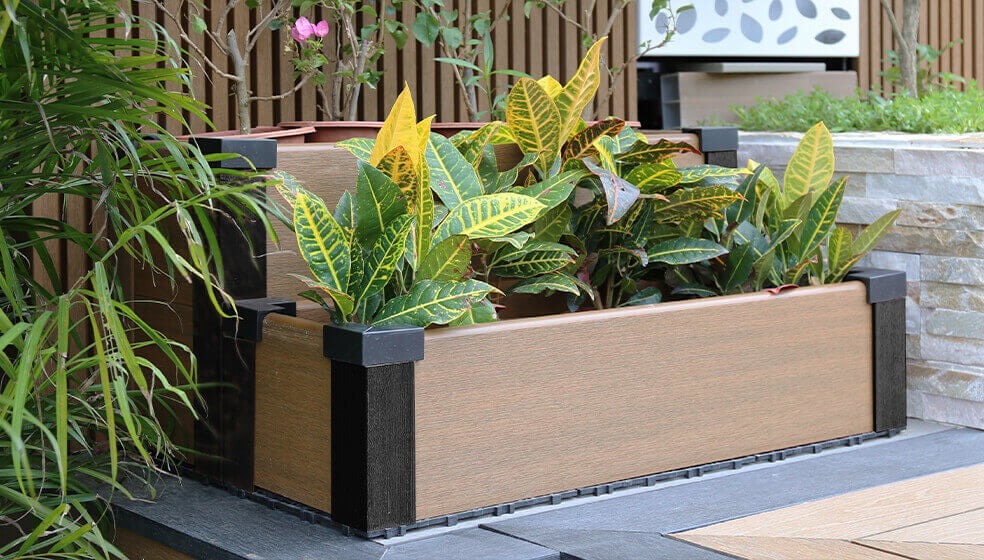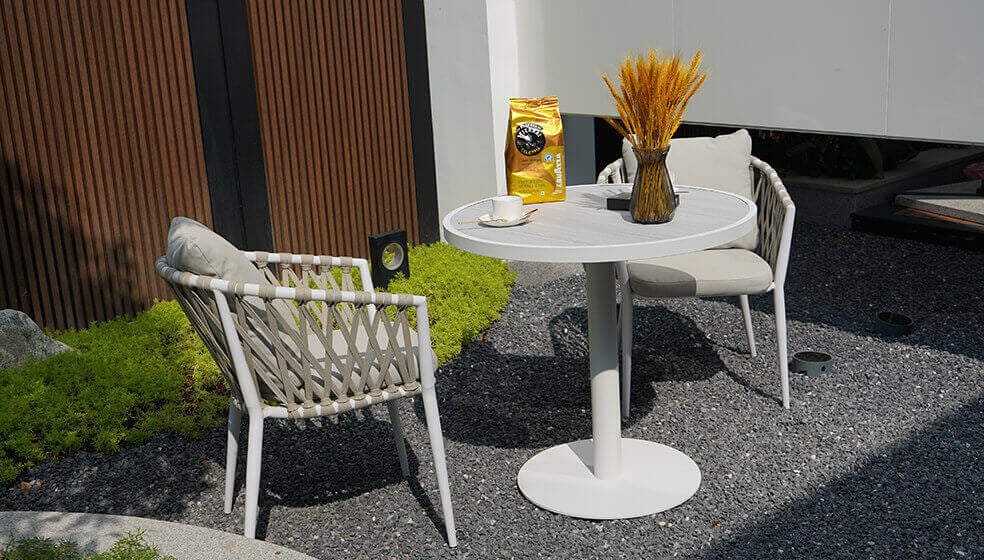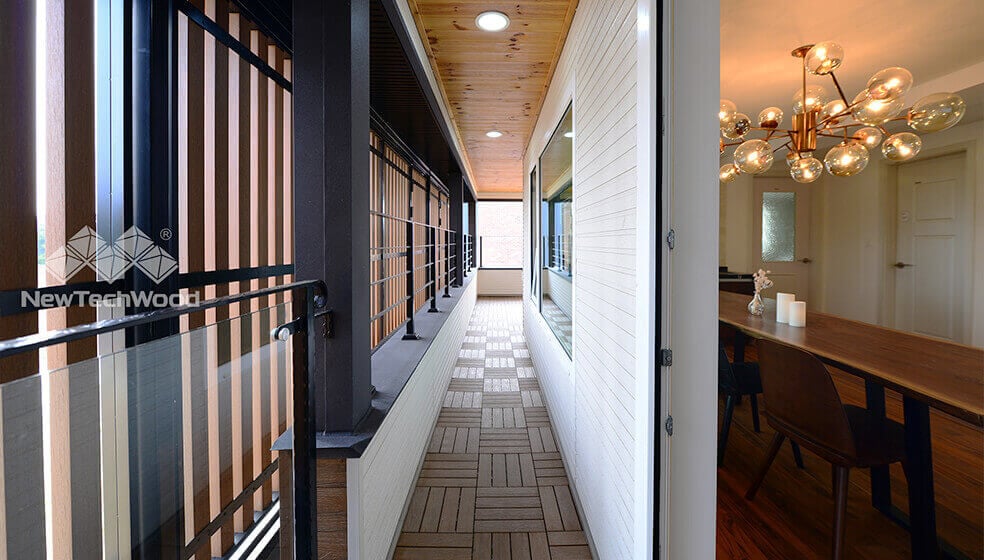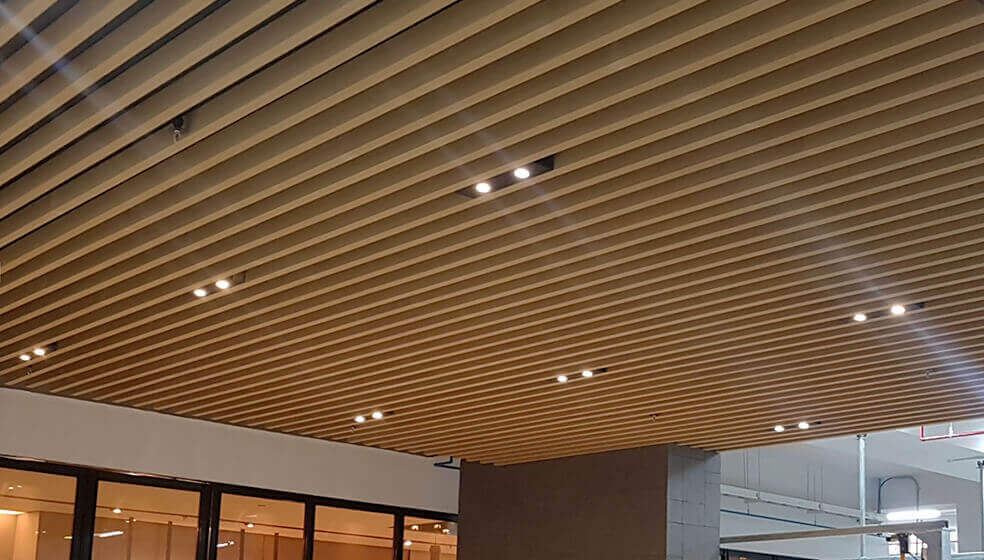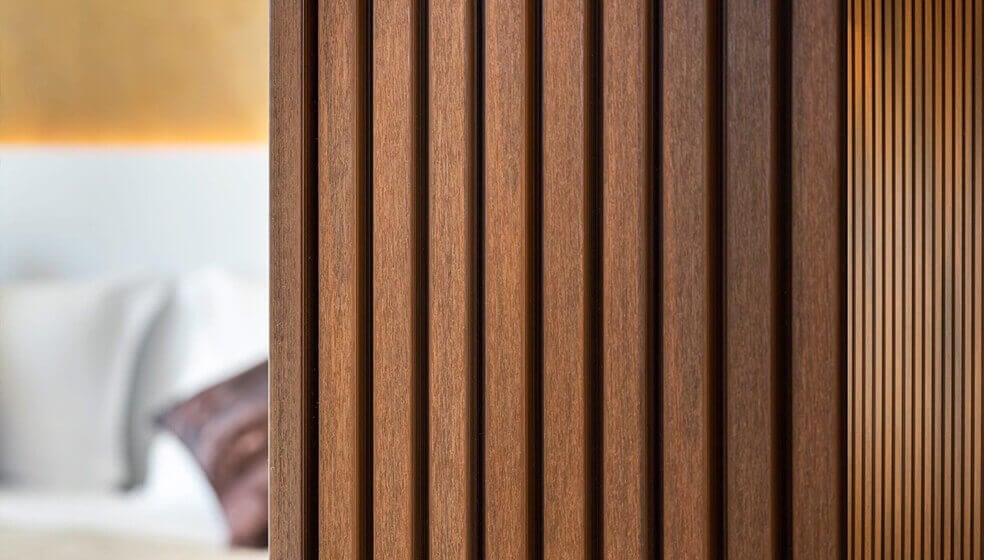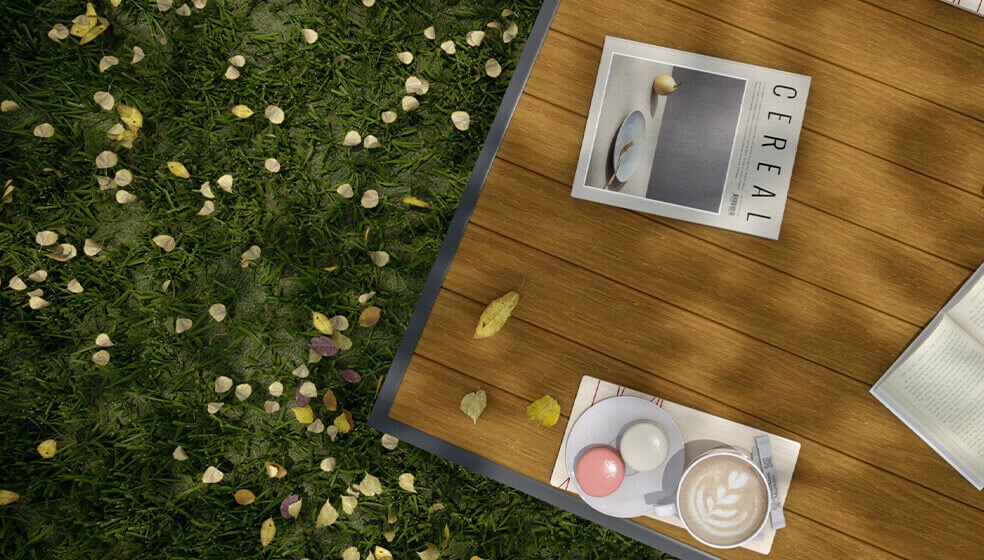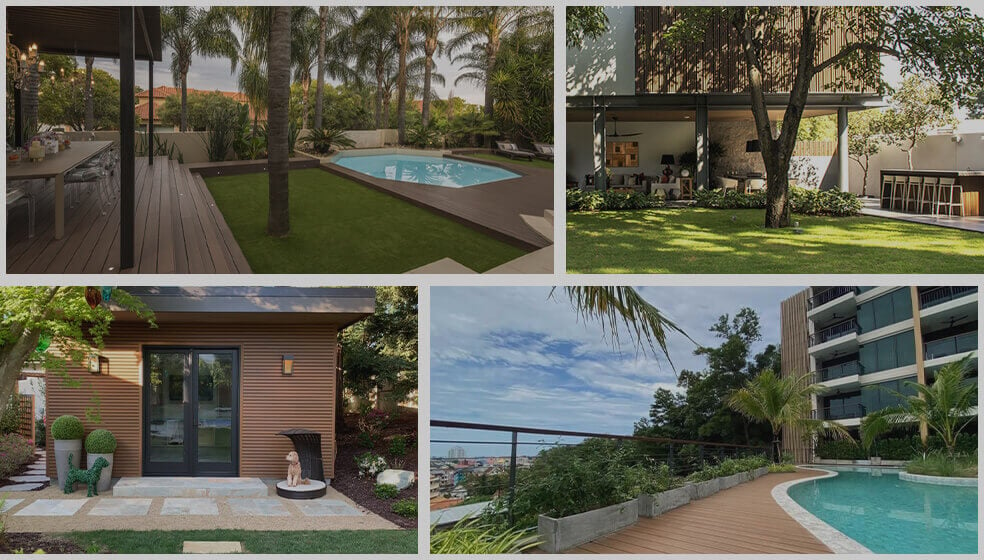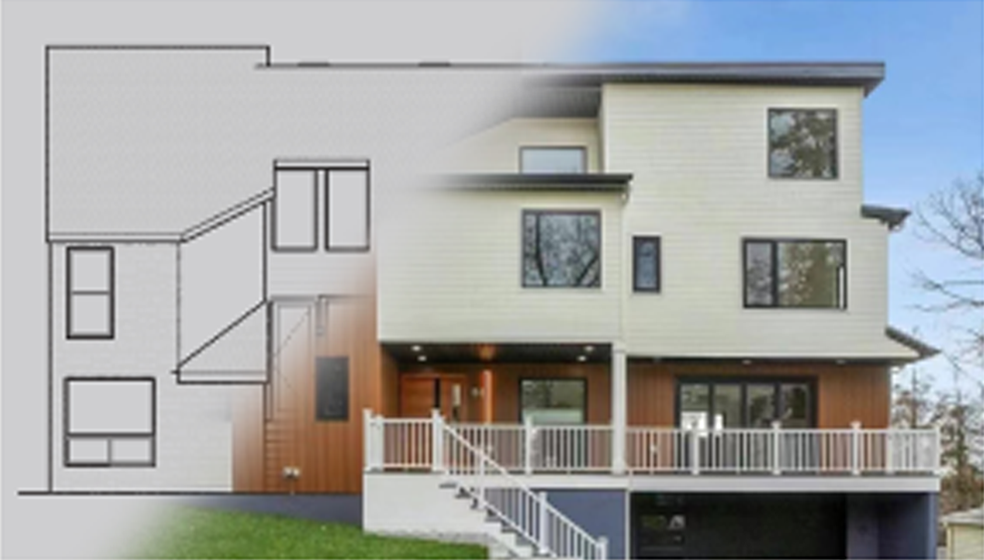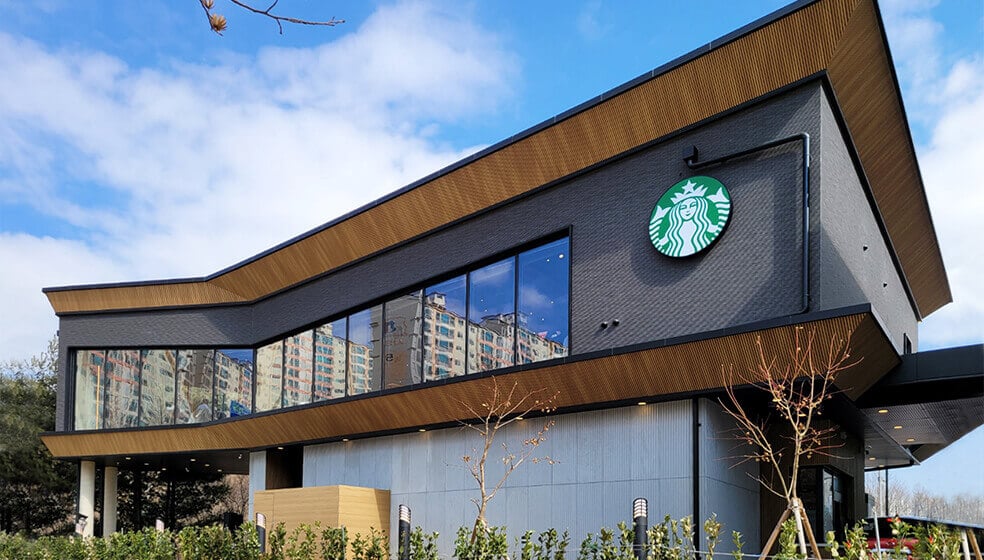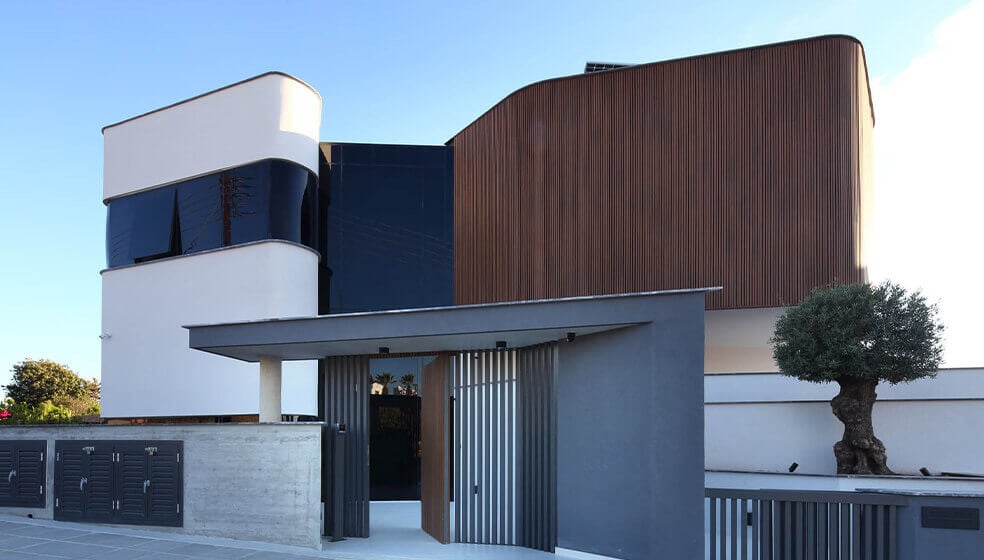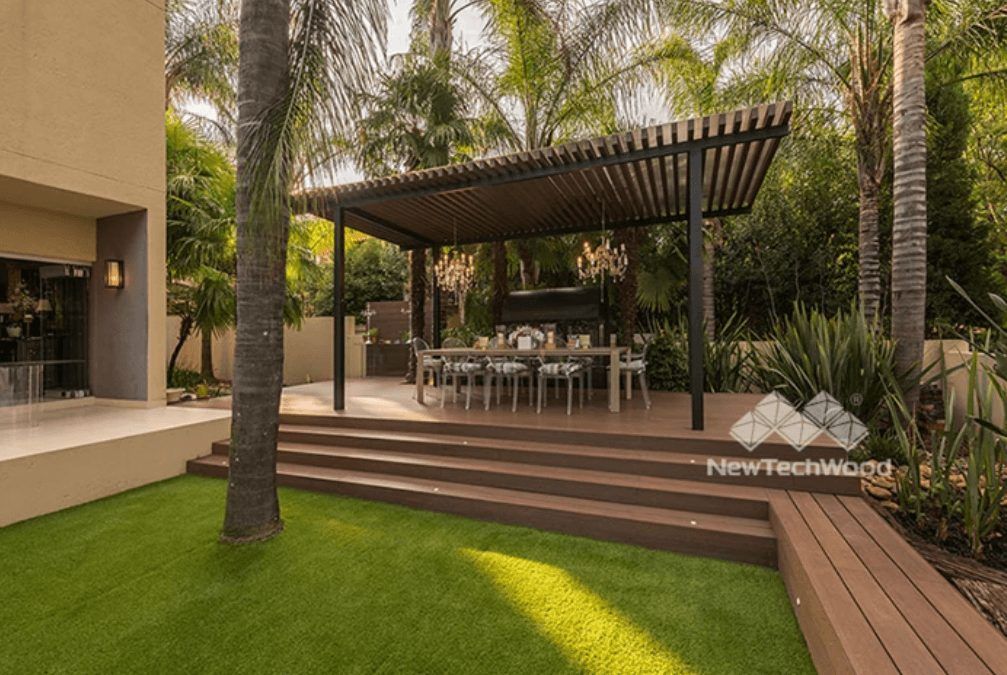
In short, yes. You will be able to work with WPC (Wood Plastic Composite) decking in much the same way you work with timber: cutting, drilling, screwing and even bending boards.
The one thing you won’t be doing is using your nail gun. Many composites, like NewTechWood for example, are manufactured from a percentage of recycled timber as well as plastic. With NewTechWood, the ratio is 60% recycled timber and 40% recycled plastic, which means the product essentially is half-timber and amenable to being worked on with traditional carpentry tools. That is why it is also called timber composite decking among a variety of other terms like plastic decking. It is determined by what the composite decking is made of.
Obvious Differences
The plastic used in many composites is Polyethylene, which has a density of 930 kg/m^3. Timber, on the other hand, has a wide variety of densities ranging from 400 to 1200 kg/m^3, so as far as cutting goes, sawing composite would be like sawing a harder than average piece of timber. Because of this we recommend using saw blades with 60-62 teeth.
If you are installing the composite deck boards in areas exposed to a lot of water, i.e. around a pool or jetty, we recommend sealing any exposed or cut ends with a sealant.
Contraction/Expansion
The composite boards will contract length ways about 1mm per lineal metre depending on temperature. For NewTechWood, the full contraction and expansion table is presented in the installation guidelines. Attention must be paid to these values when installing the decking, which is why the hidden fastener system is so important because these hidden clips are designed to allow for the expansion and contraction of the timber composite boards.
about 1mm per lineal metre depending on temperature. For NewTechWood, the full contraction and expansion table is presented in the installation guidelines. Attention must be paid to these values when installing the decking, which is why the hidden fastener system is so important because these hidden clips are designed to allow for the expansion and contraction of the timber composite boards.
Fixing – Secret Clip System
For a modern, clean look NewTechWood provides a secret fixed decking system where the clips are hidden in the gaps between the composite boards. The clip slides into the grooved edge of the board and is screwed into the joist.
NewTechWood provides the choice of two (2) different gap spacing between the decking boards – 5.5mm or the Mini-Gap 1mm spacing.
5.5mm gap is the standard for most decks. The Mini-Gap Clip system is perfect for commercial installations where public safety may be an issue. The smaller gap protects against high heels becoming lodged in the gap, and also prevents leaves or tree nuts from getting stuck between the composite decking. This can allow you to have a maintenance-free deck.
Sub-Frame
The maximum joist spans may change between brands of composite decking. Always check the installation guides before installing the sub-frame to ensure there are enough joists for the decking chosen.
You can fix composites to a timber or metal frame and this requires particular screws for both applications – timber fix for timber joists, and metal fix for metal joists. Also, you must use screws that are specially designed for composite material.
Top-fixing
Finishing boards are used to “picture frame” a deck, or to provide a fascia. These boards are usually top-fixed, as they do not accommodate a clip system. In those cases, coloured head composite screws should be used, for either timber or metal fix, to match the colours of the boards.

Top fixing, or face fixing, is recommended only for fixing breaker boards, picture framing and fascias, and then you must pre-drill and counter-sink every hole slightly larger than the screw (approximately half a millimetre)to allow the boards room for expansion and contraction.
Also, when screwing boards, don’t screw any closer than 20mm or less from the edge of the board.
Can you glue composite boards in place?
No. EXCEPTION: To adhere small bits of decking, for example around posts, where it is not practical to top fix or use clips, we recommend using an adhesive that will ‘move’ when the boards contract/expand.
Can you lay the composite decking directly onto the ground or over existing paving?
No, you need to leave room for air movement. If using NewTechWood the recommended decking clearances are:
- Over grass or dirt, leave 250-300mm clearance
- Over concrete or paving, leave 40-50mm clearance
No matter which Composite decking brand you choose – it is imperative that you check the Installation Guidelines for the product before you start.
For NewTechWood, installers and Do-It-Yourselfer’s can download a free copy of the Installation Guidelines from the NewTechWood website:



